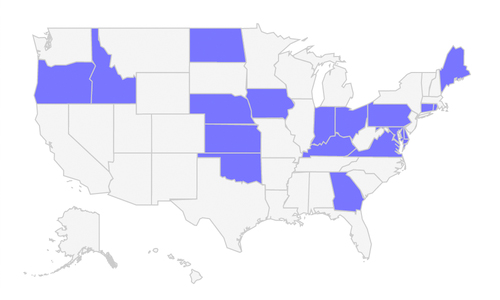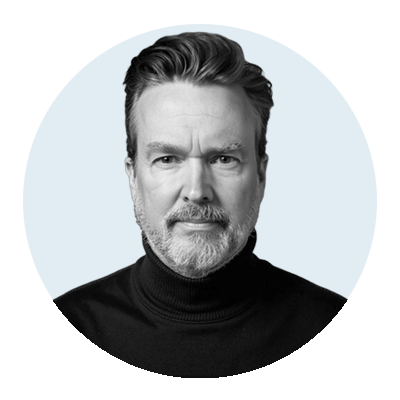A Placemaking Journal
Community Reputation: Actions speak
“Don’t dance, drink, smoke or chew, or go with girls who do.”

If you grew up in the south, it’s a good bet you’ve heard this one before. In short, reputation is a precious thing. You may show up in church in your Sunday best but, if your actions every other day paint a different picture then, well, that’s the impression that sticks.
Actions, especially over time, speak the loudest.
I’ve always found this reality fascinating in the aggregate. That is, what happens when all these people of countless reputations start living together, making the day-in-day-out decisions that add up to community? Reputation then transcends the actions of any one individual and comes to reflect collective actions, which no one person controls.
In modern parlance, we refer to this as a city’s or region’s brand. I’ve written about this before, but the main point was this: Cities think they can simply position themselves as what people want them to be — A great place to do business! A great place to live! A friendly place to visit! — but they can’t. Because they are what they are.
Their actions define them. And what results is their true brand: What people really think of them.
What’s that? Well, now we know, courtesy of this beautifully presented post on Renee DiResta’s No Upside blog (h/t Black Urbanist). I’ll let Renee explain:
I started wondering, how do Americans really think about “those people” in other states? What are the most common stereotypes? For each of the fifty states and DC, I asked Google: “Why is [State] so ” and let it autocomplete…
She then compiled a fascinating interactive rollover map with the top results for every state. For my own Georgia, it seems the denizens of Google want to know why we’re so hot, racist, boring and humid. Meanwhile, Colorado’s apparently got a reputation for being cold, healthy, awesome and skinny. And I suppose we’ve got the jump on West Virginia, because they’re considered poor, racist, fat and weird.

The funny thing is, the bulk reflect negative associations, which gets back to my oft-repeated point: Changing the course of your community is hard. It requires a collectively held vision and the meaningful leadership required to herd disparate forces towards mutual goals.
It’s not for the squeamish. As my colleague, Nathan Norris, says, “Every community thinks they deserve to be great, but few communities actually are. Why do you think that is?”
It may reflect stereotyping. It may be unfair. But it’s not arbitrary. There are roots there.
There are reasons people want to know why my state is so racist.
Perhaps there’s some new metric out there showing that we no longer are. But that doesn’t matter for communities trying to be competitive in an increasingly competitive world.
What matters is that a legacy of collective actions has spoken. And for that to change, new actions — positive, unified actions — need to take their place.
And that’s hard.
–Scott Doyon
If PlaceShakers is our soapbox, our Facebook page is where we step down, grab a drink and enjoy a little conversation. Looking for a heads-up on the latest community-building news and perspective from around the web? Click through and “Like” us and we’ll keep you in the loop.









